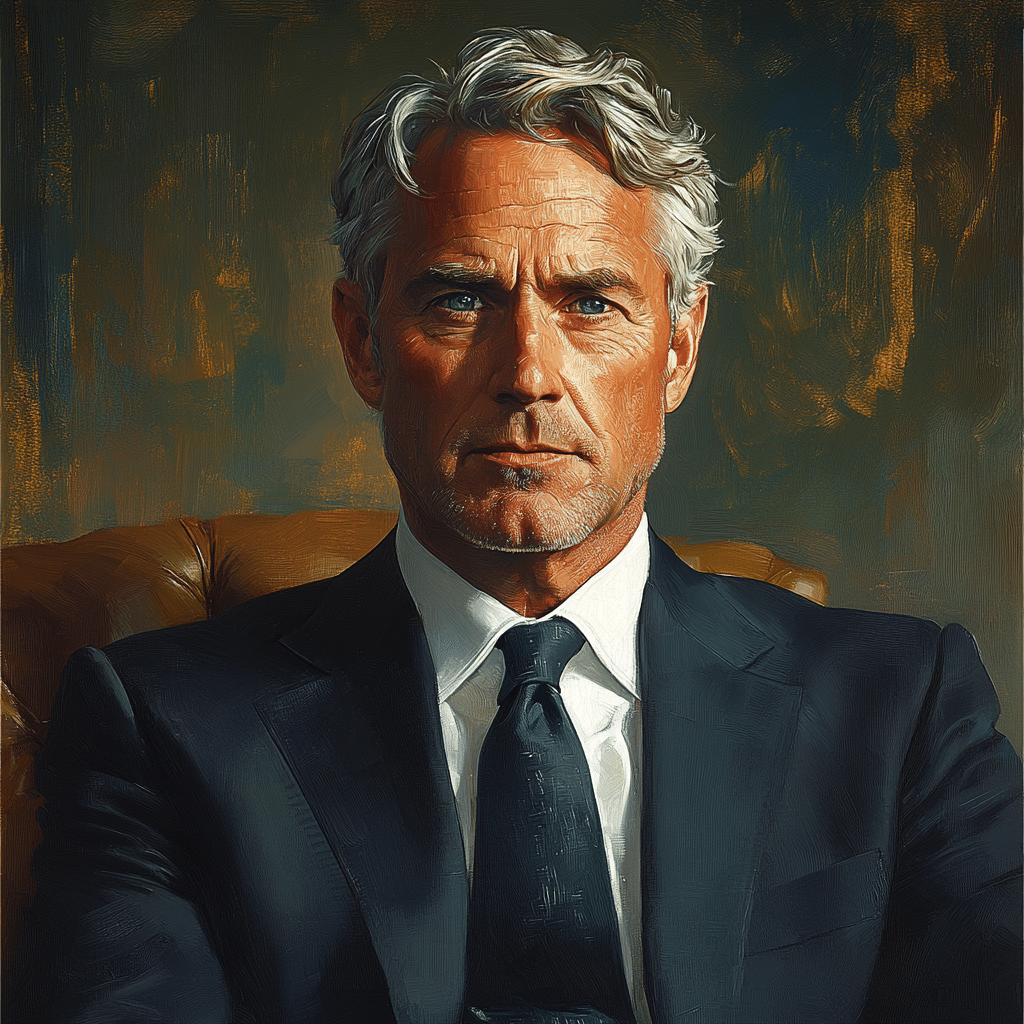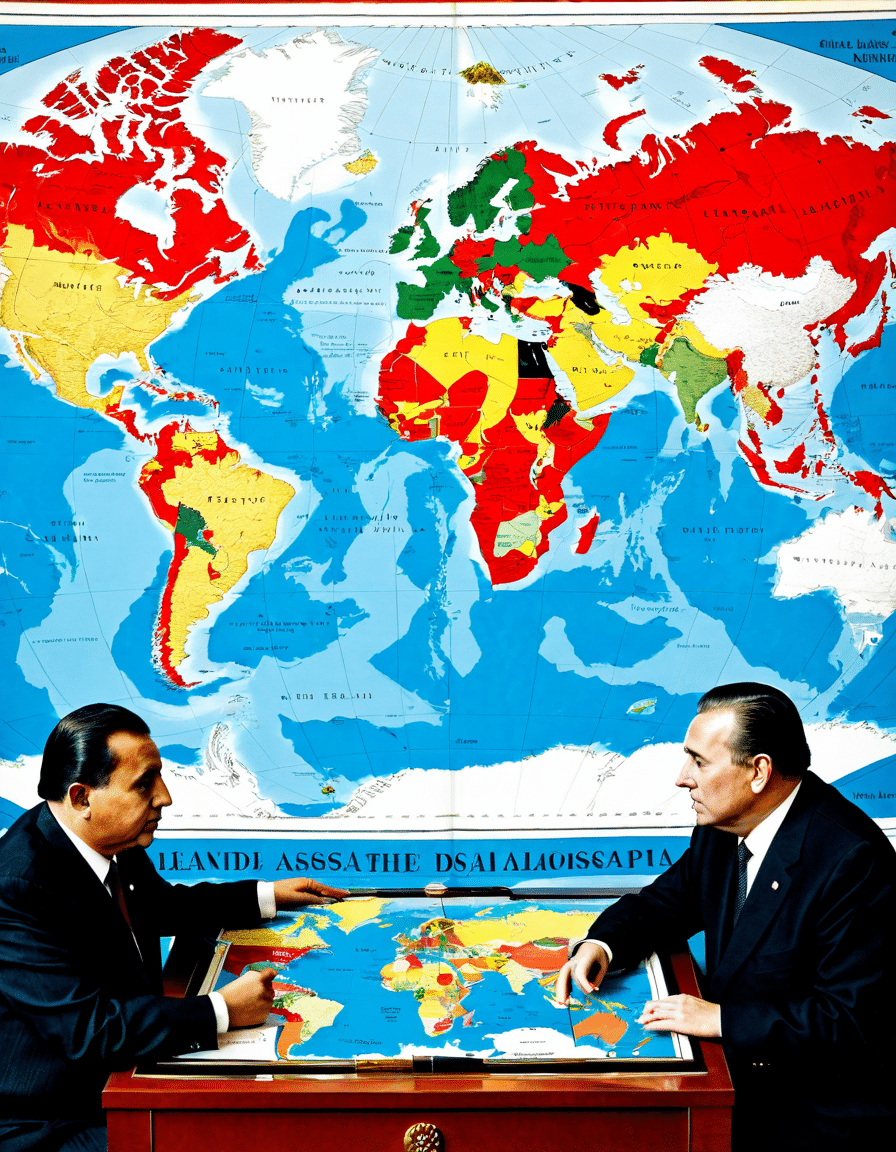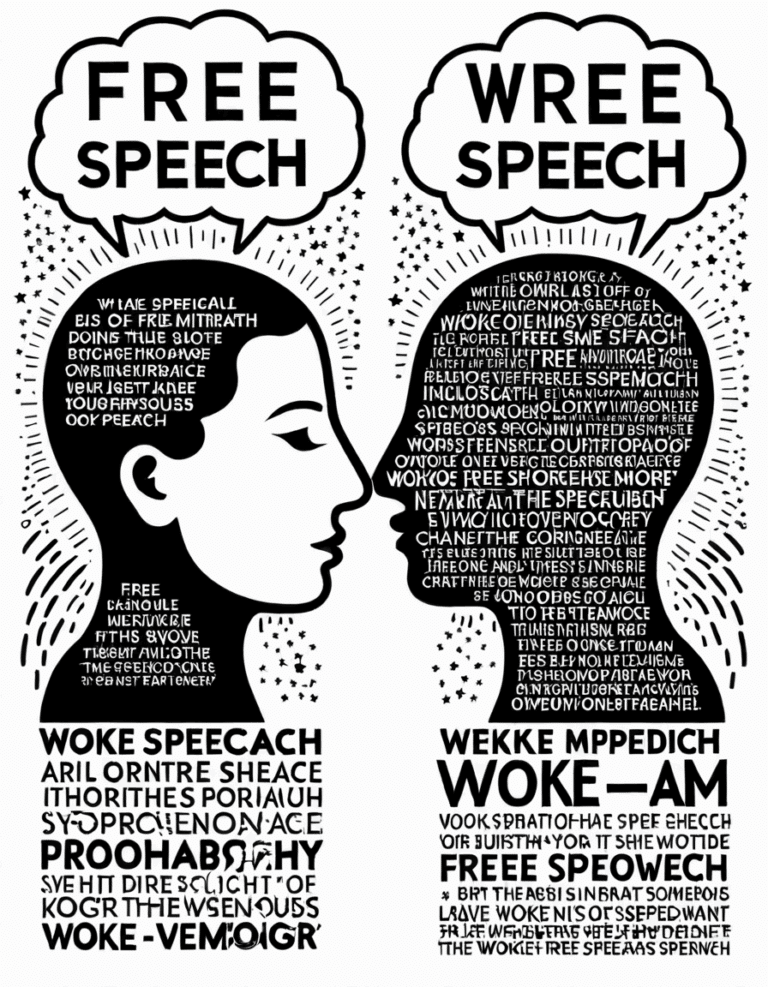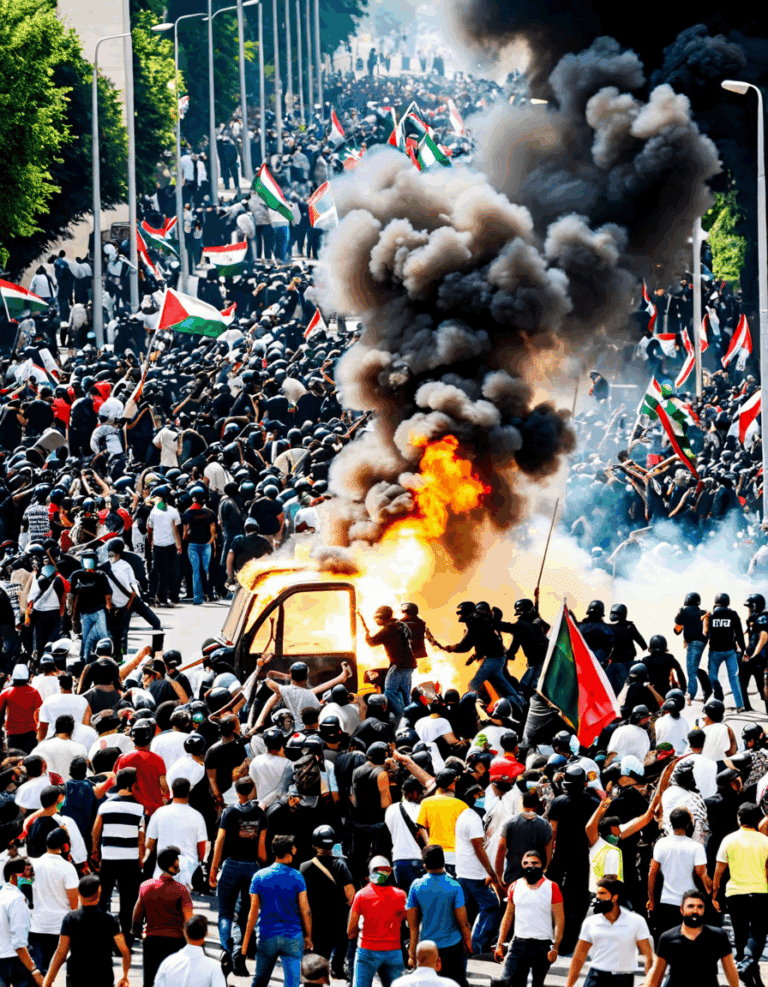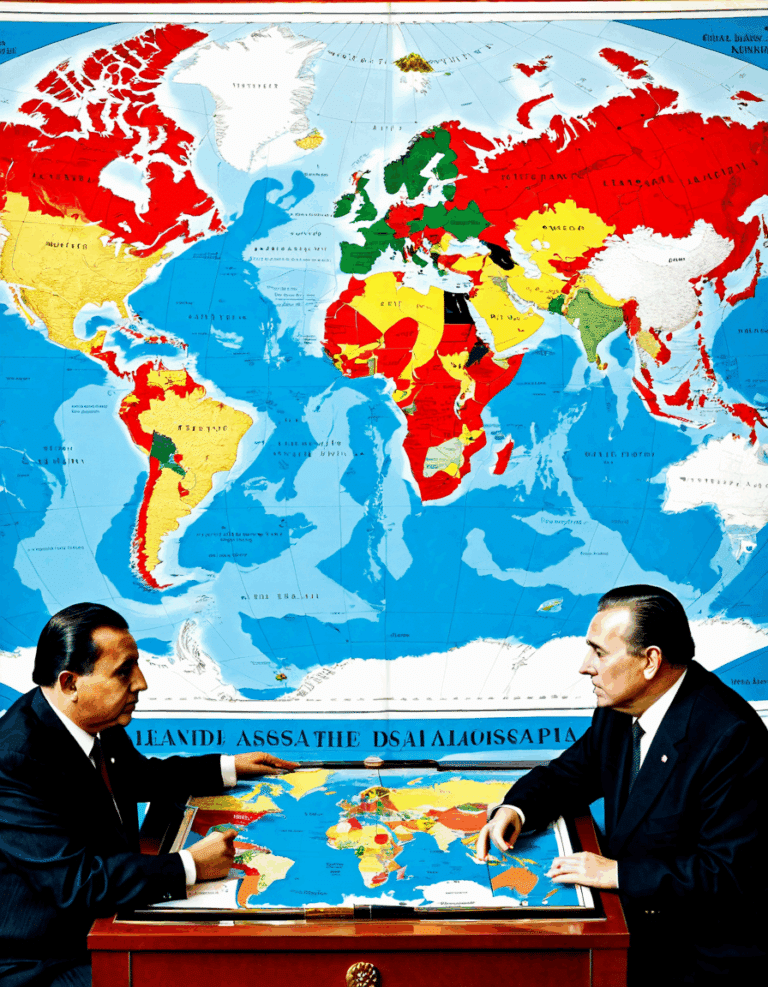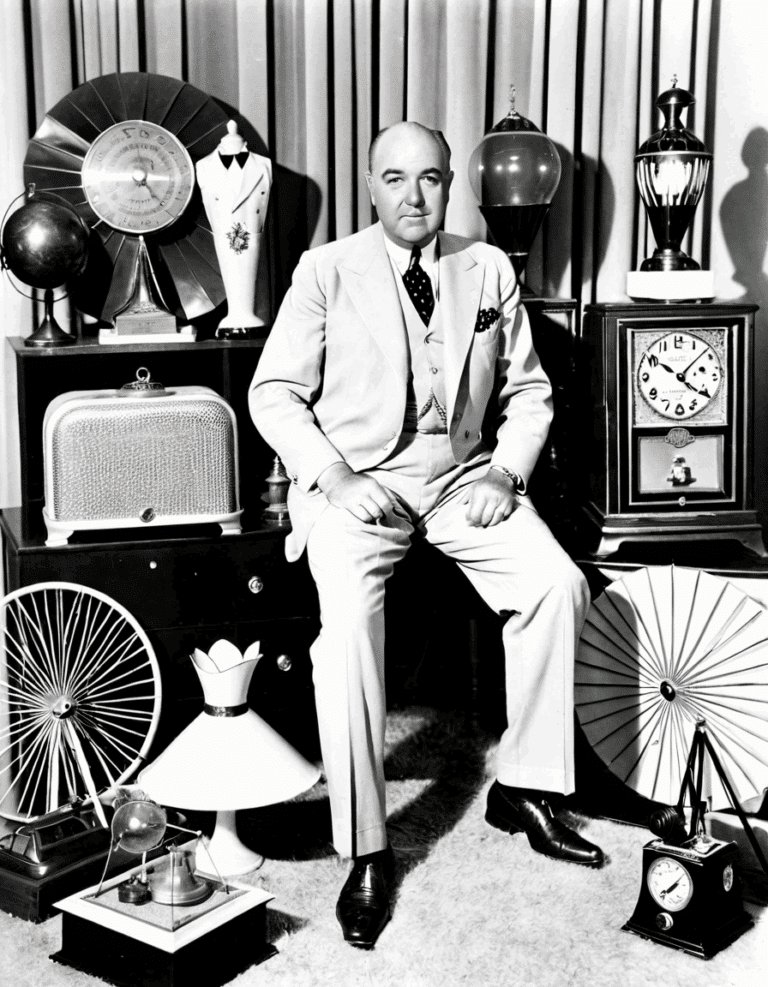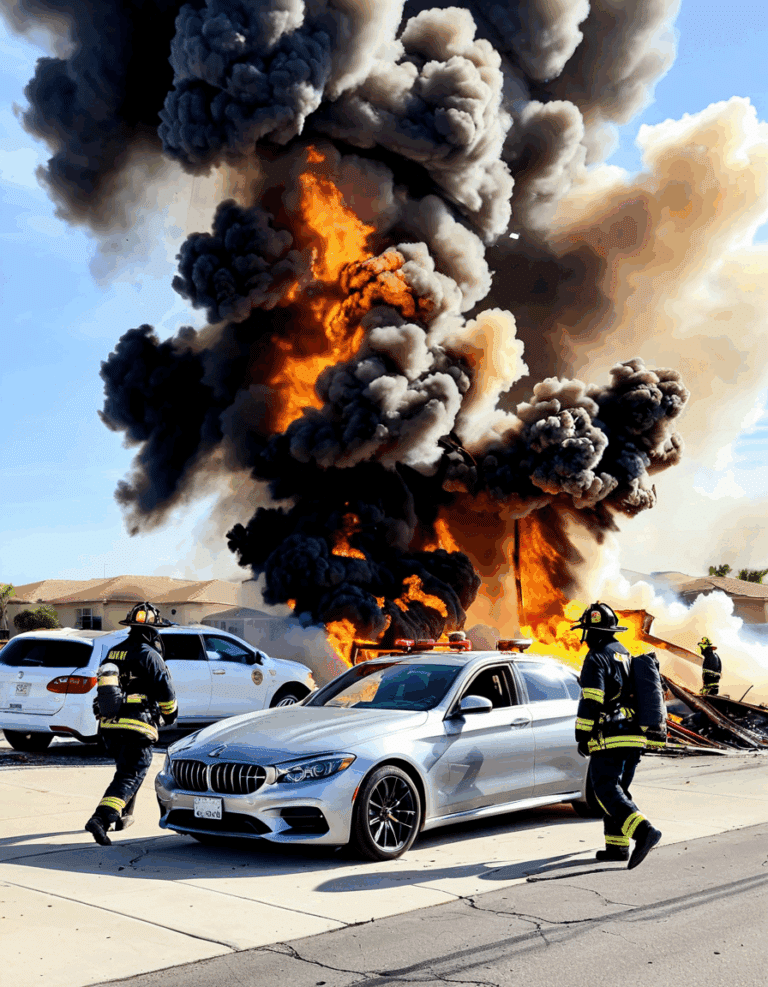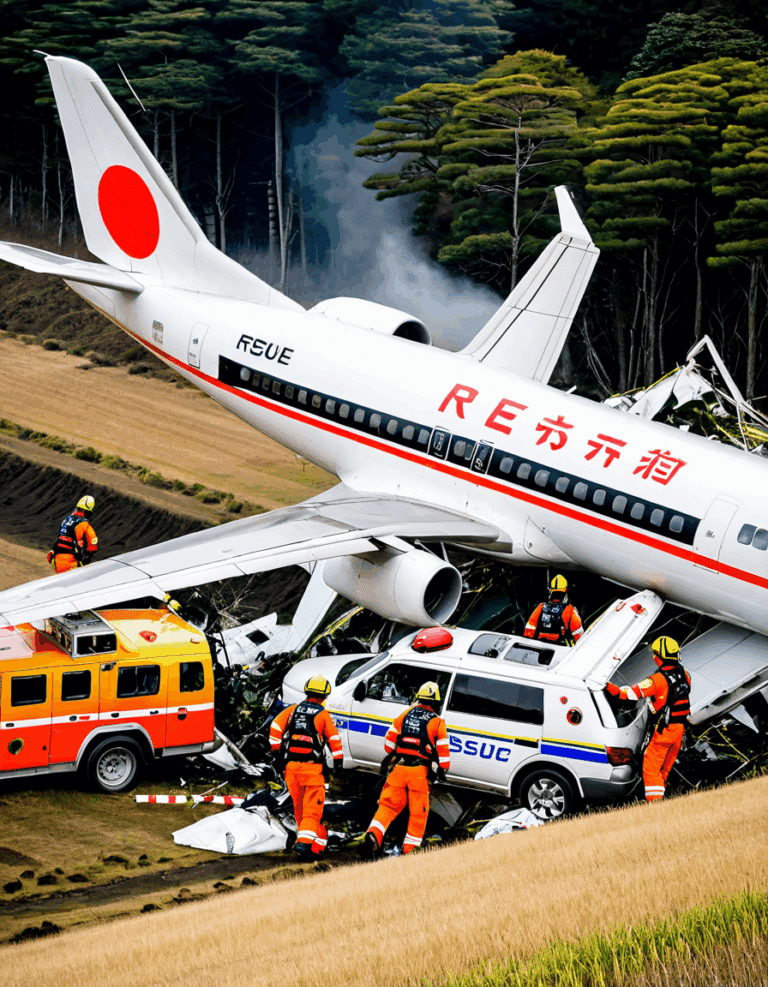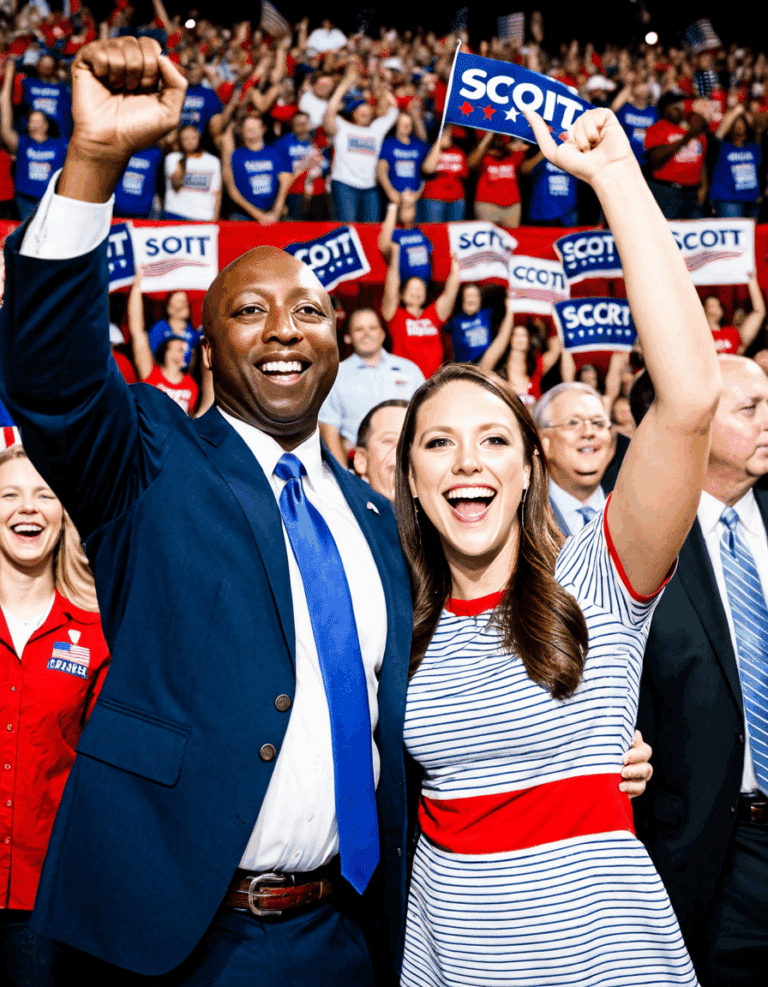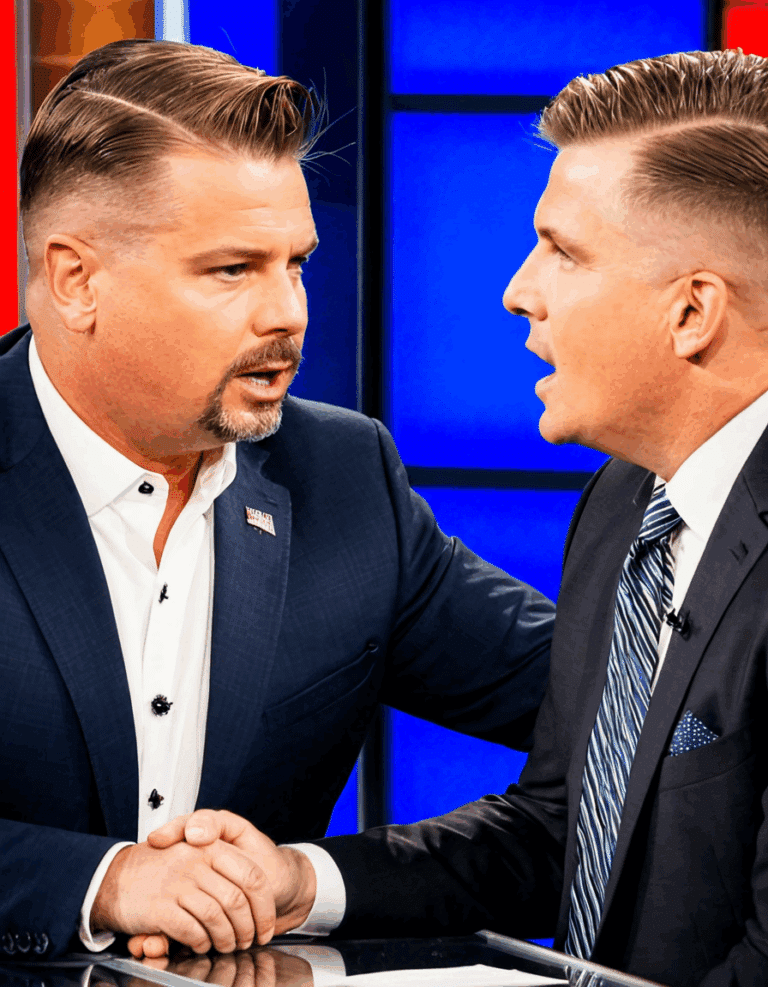
The Flagrant Costs of Assassination: A Study of Influential Leaders
Throughout history, the assassinated figures of great importance have shaken the foundation of civilizations, often igniting monumental change and social upheaval. Assassinations—those flagrant acts of violence—have taken many influential leaders from the world stage, leaving behind waves of chaos and realignment that altered history as we know it. This exploration dives into the lives and untimely deaths of key individuals whose legacies remain eclipsed by the bloody nature of their departures. You may be surprised at how deeply their assassinations impacted political, social, and cultural landscapes that endure today.
These assassinations provoke thought and controversy about governance, justice, and the ethical principles that guide societies. The historical ramifications are immense, fostering debates that are just as relevant today as in eras past. The brave souls outlined here fought for their causes in contentious political environments, facing extreme adversities—yet their sacrifices opened the door for new paradigms and ushered in lasting change.
Let’s embark on a journey through time to explore seven assassinated figures whose deaths left an indelible mark on the world. Each of these notable individuals took a stand against oppression, fueled by ideals that continue to resonate with us—especially when we consider the current state of our nation under an increasingly radical political atmosphere.

Top 7 Assassinated Figures Whose Deaths Altered Our World
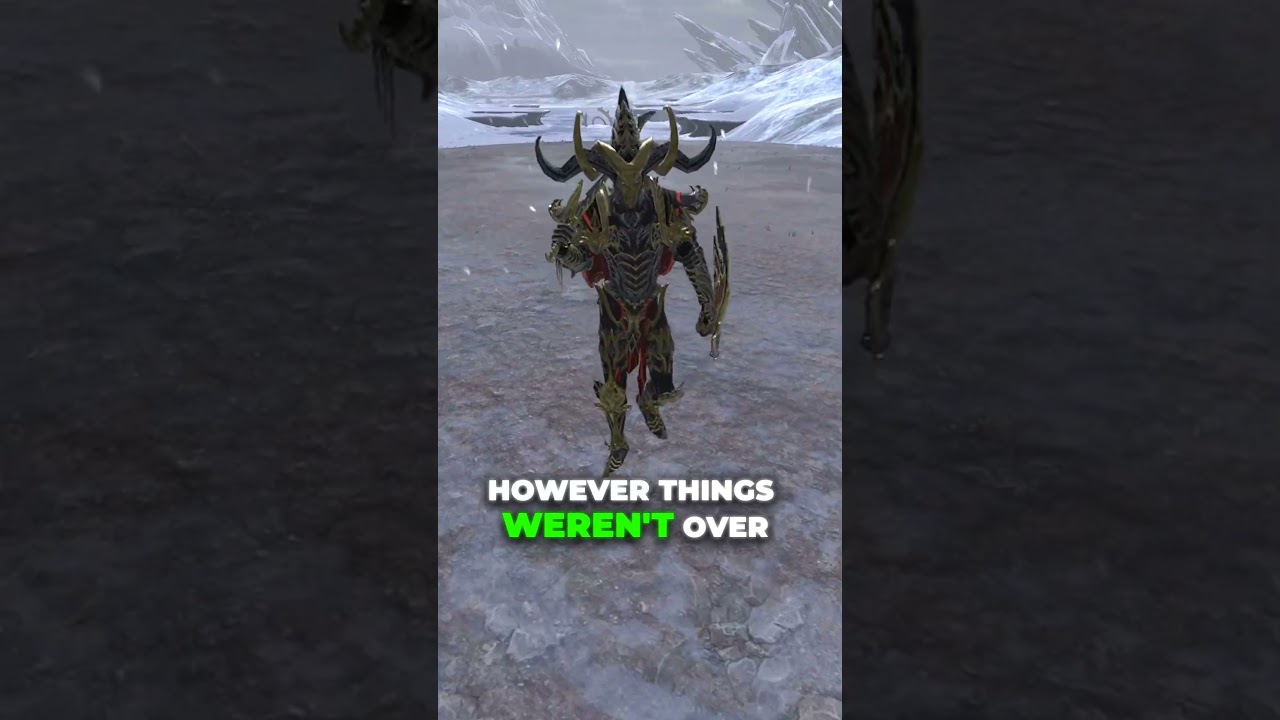
1. Julius Caesar – The Arch of a Republic Crumbling
Julius Caesar’s assassination on the Ides of March in 44 B.C. stands as a glaring turning point in history. It wasn’t just about a great military leader falling to betrayal; his death catalyzed a series of civil wars, leading to the transformation from the Roman Republic into the Roman Empire. Caesar epitomized the arch of political ambition in a time of intense strife and conflict. The assassination fears that prompted his closest associates to act reveal the complexities of leadership and the morality that often intertwines with power.
This brazen act reverberates through political discussions even today, serving as a cautionary tale about the fragility of governance. The motivations behind Caesar’s assassination—fear of tyranny—can be paralleled with pressing concerns about governmental overreach in our modern context. As we engage with contemporary political narratives, it’s essential to recognize the lessons from history that resonate through time.
2. Martin Luther King Jr. – The Pyramid of Change in Civil Rights
The assassination of Dr. King in 1968 acted as a flaming torch for the American civil rights movement, inciting protests and urgent calls for justice across the nation. His unwavering belief in nonviolence and equality propelled countless individuals to demand their rights. King’s tragic end unveiled the deep-seated racial tensions that persisted in America, sparking legislative measures designed to address societal injustices that still echo today.
Dr. King stood at the apex of a pyramid of change, inspiring movements that expanded universally. His dreams for equality have become a rallying cry for subsequent generations advocating for fairness and justice. In an era when voices of dissent are often marginalized, Dr. King’s legacy serves as a reminder that the struggle for rights and integrity is never truly over.
3. John F. Kennedy – The Day the 2nd Amendment Debated
President John F. Kennedy’s assassination in 1963 didn’t merely shock the nation; it rocked American trust in government institutions. His death sent waves of concern rippling through the public about national security and the safety of leadership. It also reignited fervent debates around the 2nd Amendment, shaping how gun control discussions have evolved, and fueled significant legislative measures affecting rights to bear arms.
Kennedy’s assassination pushed America into an era of skepticism regarding governmental transparency and accountability. In our current climate, where discussions about the 2nd Amendment are as controversial as ever, his untimely demise continues to echo within the fabric of our political discourse. Lessons learned from his life and death prompt discussions about the balance between security and liberty, making Kennedy a timeless figure in American history.
4. Mahatma Gandhi – The Concert for Peace to a Fatal End
Mahatma Gandhi’s assassination in 1948 tragically extinguished a life devoted to mastery of nonviolent resistance. Gandhi’s philosophy has inspired peace movements globally, promoting social reform through peaceful means. His assassination starkly demonstrates how even well-meaning movements can be obstructed by violence, leaving a legacy that continues to influence global peace efforts to this day.
The outcry over Gandhi’s death mirrored a desperate plea for stability in a world mired in conflict. His profound commitment to peace and tolerance showcases the power of courage in the face of hostility. As we confront our own societal conflicts, Gandhi’s life reminds us of the urgency to nurture peace, engage in diplomacy, and strive for societal renewal.
5. Abraham Lincoln – The Arch of American Reunification
Abraham Lincoln’s assassination on April 14, 1865, tragically aligned with the end of the Civil War. His visionary leadership aimed to bind the nation together, promoting healing during a time of unrest and division. Lincoln’s brutal end curtailed his ability to guide Reconstruction and ultimately set the stage for a tumultuous period characterized by disarray and discord.
Lincoln’s vision for a unified nation remains a subject of poignant reflection. His assassination served as a harsh reminder of the price of progress and the political landscape plagued by strife. The ripple effects of his death shaped the trajectory of civil rights, federal power, and governance, casting shadows that continue to influence contemporary American life.
6. Anwar Sadat – The Pyramid of Peace Eroded
Anwar Sadat’s assassination in 1981 was a watershed moment in Middle Eastern politics, shaking the foundations of diplomatic relations. By signing a historic peace treaty between Egypt and Israel, Sadat took daring steps toward fostering peace while in a climate rife with hostility. His assassination, ordered by extremists who opposed his peace efforts, highlighted just how precarious goodwill can be in a tumultuous region.
Sadat’s tragic fate illustrated the steep challenges leaders face when attempting to bridge divides. The ongoing Middle East conflicts remind us that peace is often fleeting, positioned atop a delicate pyramid of courage and commitment. In today’s world, his assassination can spark critical discussions on international relations, illustrating how far the pursuit of peace can cost leaders seeking reconciliation.
7. Pope John Paul II – The Concert of Faith and Resilience
The attempted assassination of Pope John Paul II in 1981 did not succeed in taking his life, but it had a resounding impact on both the Church and global relations. His survival marked a pivotal moment, enabling him to consolidate faith-based dialogues, especially during the Cold War. John Paul II’s resilience in face of violence underscored the power of faith as a unifying force across cultures.
His very existence became a beacon of hope against oppression, prompting international solidarity movements. By examining his efforts, we can draw connections to modern faith-based initiatives seeking to proliferate peace and understanding amidst discord. John Paul II’s story serves as a potent reminder of resilience in the face of adversity, inspiring current and future leaders to strive for unity amidst division.
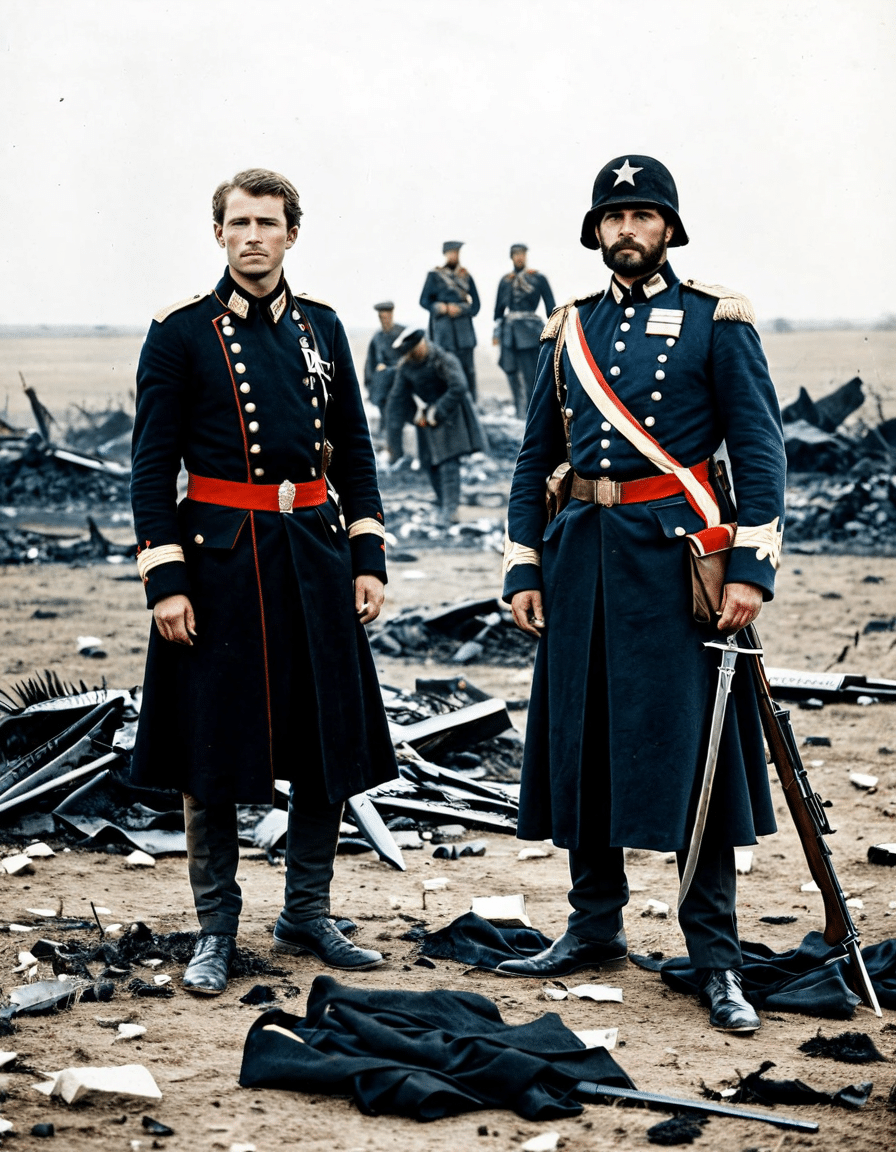
The Lasting Echo of Assassinations on Global Policy
The assassinated figures profiled here offer profound insights into the myriad ways individual lives can ignite sweeping changes across nations. Their deaths transcend mere statistics; they invoke questions of leadership, justice, and the foundational principles that govern our societies. Each figure underscores the idea that each life has the potential to shape history profoundly, a reality that demands recognition amid our current tumultuous climate.
From political upheavals to social justice movements, the impact of these assassinated leaders resonates throughout contemporary discourse. Their sacrifices serve as cautionary tales about the perilous fragility of life and leadership, providing reflections that inspire today’s fights for justice and equity. As we weave our narratives in this ongoing struggle for a better tomorrow, we must honor the memories of those who risked everything for the promise of a brighter world.
In our volatile landscape, understanding history becomes paramount. We should delve deep into the lessons embedded in these tragedies, engaging not just with the past, but also with the present. Ultimately, the narrative of our future is still being woven, with the shadows of these extraordinary lives guiding us toward a clearer, shared vision of hope and unwavering commitment to our values.
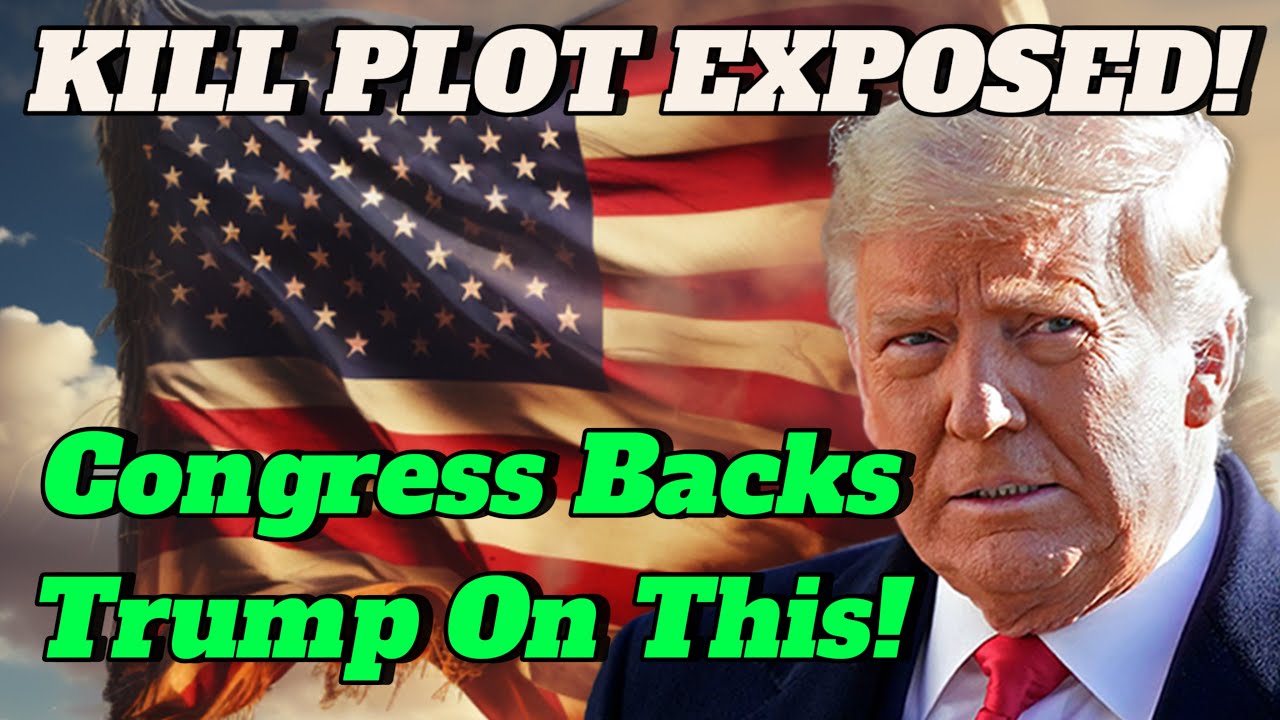
Assassinated Figures Who Changed History Forever
The Impact of Assassinations in History
Assassinations have left indelible marks on history, from shifting power dynamics to altering public sentiments. Take Julius Caesar, for example—his untimely demise in 44 BC didn’t just end his reign; it sparked a series of civil wars that ultimately led to the rise of the Roman Empire. This pivotal event reshaped the future of governance and citizenship. Interestingly, the public’s reaction to such events often highlights societal divides. When we look closely at history shows us how the politics of assassination affect the fabric of societies, just as an unexpected loss can send shockwaves through any community, much like how the suspenseful dramas of Eye Love You play on audience emotions.
These changes often occur in a whirlwind, not unlike the rapid developments in the NFL. For instance, the Carolina Panthers Standings can shift dramatically in a single season, reminding us how quickly fortunes can change—just like when leaders are abruptly taken from power. This creates a ripple effect that influences not only the direct political landscape but also global interactions. The event can become a rallying point for movements or a dark chapter that unites people against oppression, not unlike how a beloved character’s demise in “She’s Out of My League” affects the narrative arc.
Trivia That Inspires Reflection
Did you know that the assassination of Robert F. Kennedy in 1968 occurred just five years after his brother, John F. Kennedy, faced a similar fate? The fallout from these assassinations drastically altered America’s political landscape, inspiring a generation to advocate for change. Such moments stir curiosity about how personal tragedies transform into collective movements. Speaking of transformation, the journey of actress Elisha Cuthbert, from charming teen roles to powerful narratives, resonates with the idea of evolving destinies which is fitting when reflecting on how assassinations impact history.
Moreover, the assassination of prominent leaders often inspires art and media. The impact can transcend time and culture, much like how Korean dramas, as showcased by figures like Sue mi terry south korea, resonate with audiences worldwide. Fiction reflects reality’s complexity, reminding us of the vital human stories behind historical milestones. With all these pieces of history interwoven, it’s evident that what feels like an isolated incident can become part of a larger narrative, influencing both past and future. Just as the narrative texts of Acdf delve deep into issues of identity and purpose, every assassination invites further exploration of its motives and consequences.
In essence, assassination is never a standalone event; it’s a crucial element in the larger narrative of human experience. So, the next time you reflect on historical events, consider not just what happened but the intricate web of interactions that unfolded in the aftermath. Assassinations remind us of the fragility and resilience of leadership throughout history, forever altering our understanding of power and influence.
